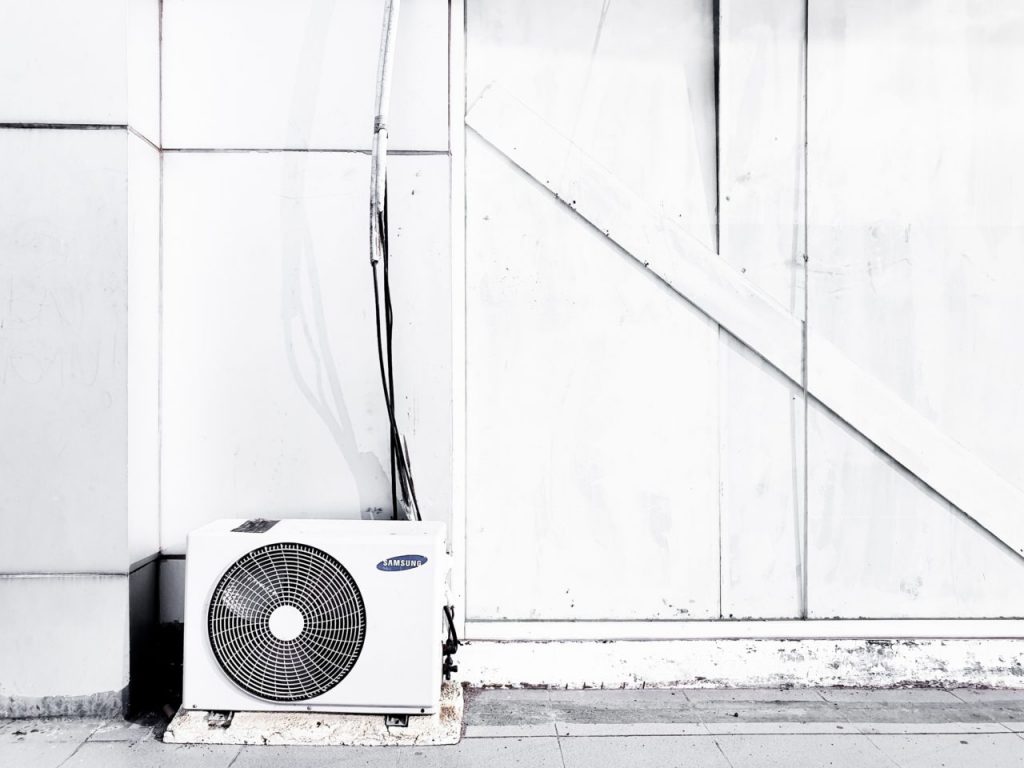3 Simple Tips On How To Pay Less For Power In Summer

One of the financial advantages of the summer season is the power bill savings. As the heat replaces the cold weather, the heaters stay off and the meters stop spinning. Typically, the monthly bill becomes only a third of those winter months.
But if you want to stretch your summer savings even further, there are fairly simple ways to do it. The secret lies on working the margins, cutting back here and there and letting them accumulate. The reward here is long-term and you can carry it for all seasons to make the bonus more substantial over time.
- Water heating
In most homes, water heating costs is a major factor in the power bill every year.
To save a few bucks from your water heating charges, first, you need to make sure that your cylinder is insulated. If you have an old cylinder, make it a point that it has good insulation. You can do this simply by yourself by covering the cylinder and the first meter of the pipe.
To ensure that your cylinder is insulated properly, it should be set at 60 degrees Celsius, and if you turn it down, avoid going below 140 degrees Fahrenheit to save a few extra dollars because the heat is required to kill any legionnaires disease-causing bacteria.
- The fridge
In the summer, refrigerators become the most power-consuming appliance. Typically, it consumes around 15 per cent of a home’s electricity over a year, and it can rise to 25 per cent during summer months. First, your fridge should be super energy efficient. Energy-efficient fridges are becoming more affordable and it’s highly recommended that you get one just because the savings are great long-term. Another tip is to place your fridge in a cool spot in the house to prevent it from working extra hard to keep the contents cold.
- Have the right energy plan
Be honest with yourself and ask if you have the right plan with the right power company because this can determine how much money you can save on a significant level. You can save more if it’s possible if you can get billed online and pay by direct debit.
However, it’s also important to plan around your lifestyle. Some plans are more suitable for people who are away all day, while some are perfect for those who are at home all day.
Which of these power-saving tips you will most likely use?



